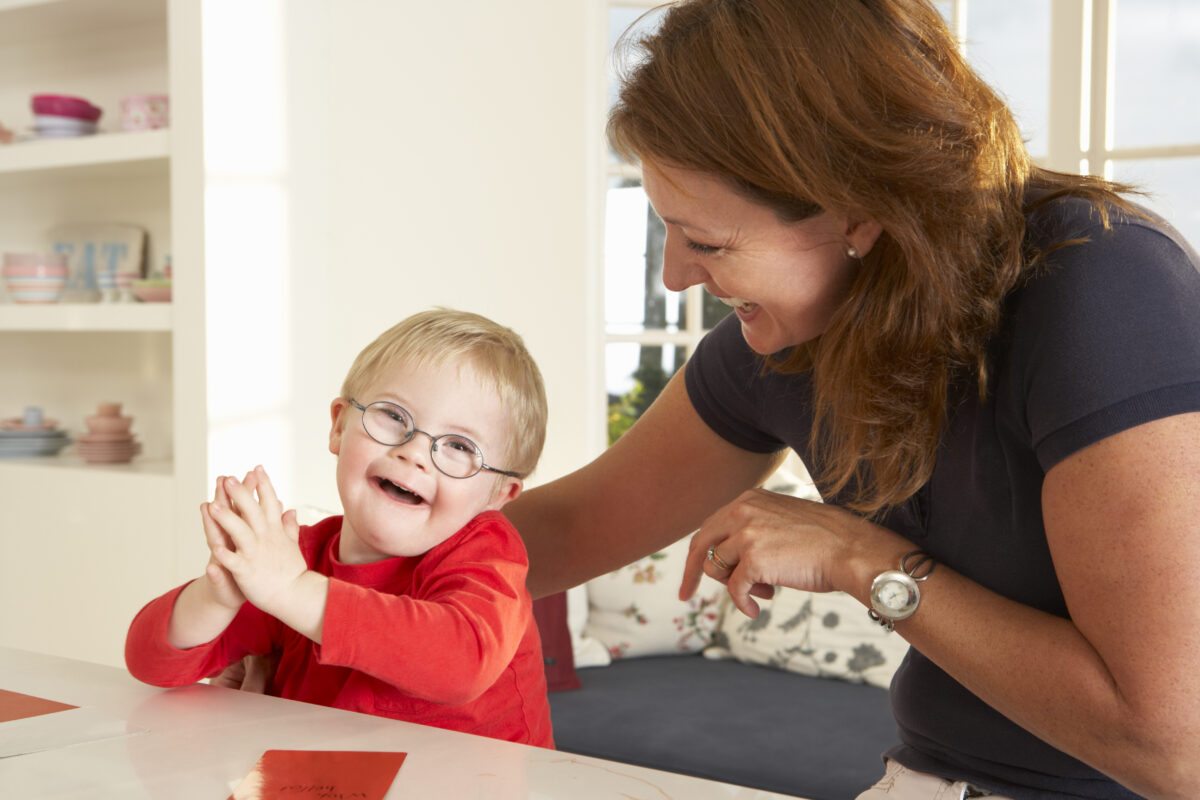Early intervention services are an approach aimed at identifying and addressing developmental delays or challenges in children during their formative years, typically from birth to age three.
This proactive strategy recognizes the critical period of a child’s early development, during which their brain undergoes rapid growth and neural connections are established. The primary goal of early intervention is to provide timely and targeted support to promote optimal development, minimize potential difficulties, and enhance overall well-being.
One of the key principles of early intervention is the understanding that children’s brains are highly adaptable during the early years, making it an opportune time to influence and shape their cognitive, social, and emotional skills.
By identifying and addressing developmental concerns early on, interventions can be tailored to meet the specific needs of each child, potentially preventing more serious challenges later in life. Early intervention encompasses a range of services, including speech and language therapy, occupational therapy, physical therapy, and behavioral interventions, among others.
Research consistently demonstrates the significant benefits of early intervention for children with developmental needs. Timely and targeted support can lead to improvements in communication skills, motor development, social interactions, and overall cognitive functioning.
Additionally, early intervention can positively impact the family dynamic, providing parents with the tools and knowledge to support their child’s development effectively. The collaborative nature of early intervention involves a multidisciplinary team, including parents, educators, therapists, and healthcare professionals, working together to create a supportive and nurturing environment for the child.


